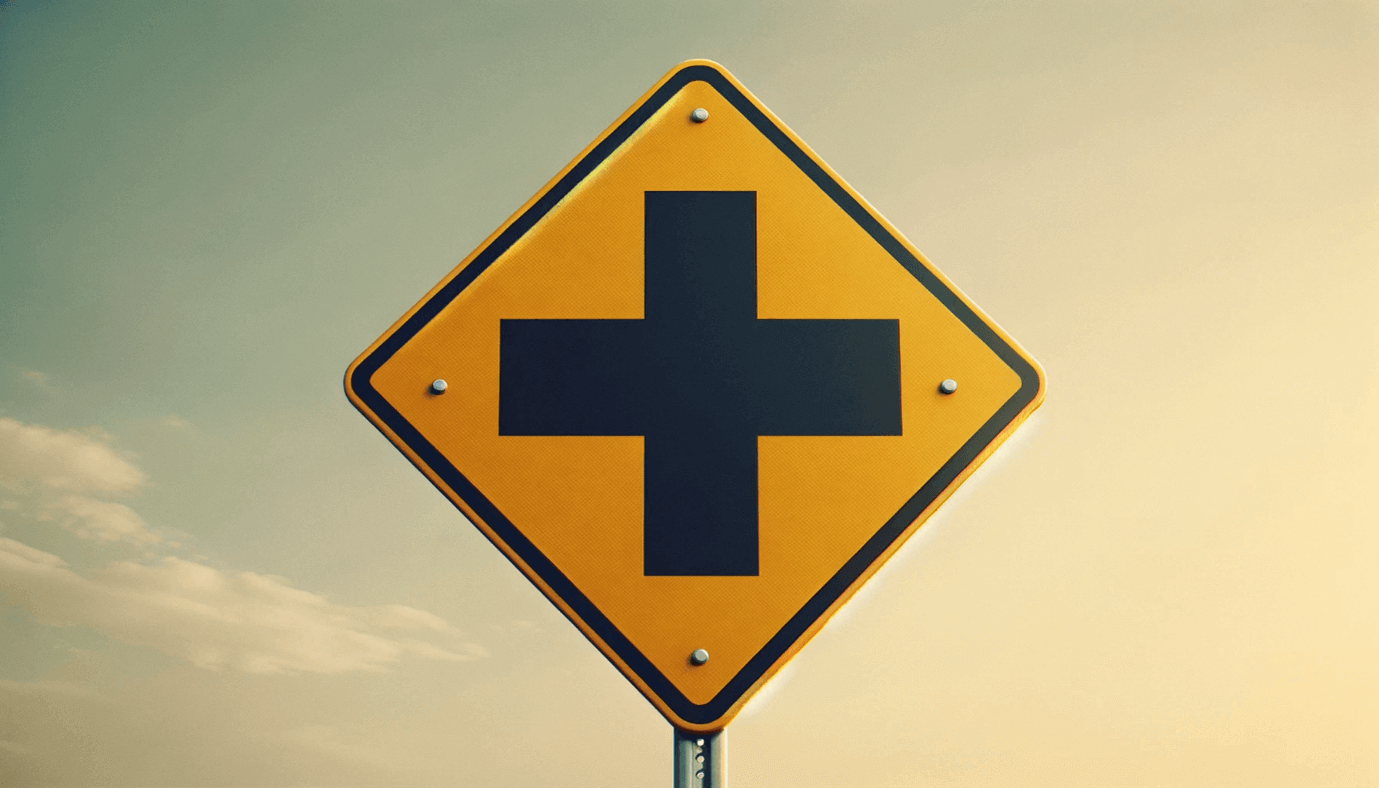
For many, cycling is more than a means of transport, it’s a passion, a sport, a form of fitness and part of their identity. Cycling like many sporting activities is not without its risks. Unpredictable mishaps, particularlyin the busy streets of the Sydney can leave cyclists with injuries that are both physical and psychological in nature. The road to recovery, which includes a return to cycling, usually requires time, patience and professional help. Support from healthcare and legal professionals plays a crucial part in this recovery and often includes guidance and encouragement to help cyclists regain their confidence and reclaim the lifestyle they love. In this edition of the Advantage Legal ‘Compensation Insider’ series, we explore how a cyclist’s attitude and level of participation in rehabilitation impacts their recovery and quality of life following a cycling accident.
THE NSW COMPULSORY THIRD PARTY (CTP) SCHEME
In New South Wales, a person injured in a motor accident has the right to seek compensation through the Compulsory Third Party (CTP) scheme. Whilst the entitlements vary depending on whether the injured person is at-fault for the accident and the severity of the injury sustained, the compensation provided by the CTP scheme can be a lifeline, offering financial support during a time of need. This is of particular importance in circumstances where an injured person is unable to return to work immediately and has considerable treatment, rehabilitation and radiology expenses following an accident.
Here’s how the NSW CTP scheme assists injured people:
Covering Medical Expenses: Treatment and rehabilitation following an accident for physical and psychological injuries can be very expensive. The CTP scheme covers these expenses without the added stress or financial burden, provided the services area reasonable and necessary and related to the motor accident injuries.
Loss of Income Support: If the injury has led to an inability to work, the CTP scheme will replace lost income (subject to statutory caps and deductions), providing much-needed financial stability. An injured person will need to provide evidence demonstrating their loss of income and certificates of capacity certified by a general practitioner or physiotherapist in order to successfully pursue a claim for loss of income support.
Domestic & Personal Care: Where an injury has rendered a person unable to manage their domestic chores or personal care such as cleaning, gardening or bathing, the CTP scheme will provide commercial services based on an ‘as need’ basis provided the services are reasonable and necessary in the circumstances and related to the motor accident injuries.
Lump Sum Compensation: People who are not at-fault for an accident and who have sustained an injury which is ‘not a threshold injury’ may be entitled to lump sum compensation. The concept of ‘threshold injury’ is a legislative term which ultimately restricts compensation to people who suffer more significant or severe physical or psychological injuries.
THE PATHWAY TO RECOVERY
When a cyclist is involved in an accident, injuries can range from minor abrasions to serious, life threatening conditions. Not only are physical injuries a common occurrence but psychological impact is also prevalent. Many cyclists suffer from post-traumatic stress disorder (PTSD), anxiety, and depression because of their accident. These mental health conditions can be just as incapacitating as physical injuries, sometimes even more so.
Rehabilitation is a critical process which is intended to aid people with their recovery from physical and psychological injuries sustained in an accident. It involves a range of therapies and treatments designed to restore physical abilities, such as physiotherapy and exercise physiology for musculoskeletal injuries as well as speech and cognitive therapies for brain injuries. Equally important is the psychological aspect of rehabilitation, which may involve counselling, cognitive behavioural therapy, and support groups to address post traumatic stress disorder (PTSD), anxiety, and depression. The goal of rehabilitation is not just to heal physical injuries, but also to address the emotional and mental health challenges, to help regain confidence, functionality, and ultimately a person’s quality of life post-accident. Addressing both the physical and psychological injuries is critical for a meaningful recovery to occur following an accident, particularly if an injured person wishes to return to cycling with renewed strength and resilience.
EMBRACING REHABILITATION AFTER A CYCLING ACCIDENT
People are unique, as are their family circumstances and the injuries sustained in an accident. For this reason, rehabilitation needs to be tailored to the particular needs of an injured person. Following an accident, the severity of a person’s injuries will dictate the level of care, support and rehabilitation required. For example:
A person with significant physical injuries living alone in a large home with gardens and lawns will often have greater need for cooking, cleaning, bathing and gardening assistance than a person with less severe injuries living in a two bedroom unit.
People with significant physical injuries also often require extensive physical therapy focused on restoring strength and movement to their injured bodily region.
As cyclists are a classified as vulnerable road user who have very little protection in the event of a traumatic crash, it is common for serious psychological injuries to develop, often requiring extensive psychological treatment comprised of counselling, coping strategies and medication.
If a person is unable to return to their job due to their injuries, or alternatively is terminated by their employer following an accident, they may also require the assistance of trained functional and vocational experts who assess their physical capabilities, match them to suitable professions and assist them to find employment.
Whilst it is important that an injured person is referred to and receives the correct rehabilitation, it is equally important that the injured person participates in the rehabilitation to the fullest extent possible. A person who attends their treatment sessions, undertakes their exercises as instructed and takes the medication as prescribed will almost inevitably have a better rehabilitation and return to work outcome than someone who just ‘goes about the motions’.
THE KEY POINTS TO REMEMBER
Recovery from a cycling accident is not just about healing your injuries, it’s about reclaiming your life. The Advantage Legal team are cycling injury compensation experts and understand the unique problems that cyclists face following a motor accident.
The NSW CTP scheme provides benefits for all people injured in NSW motor accidents, and lump sum compensation in circumstances where a person is not at-fault and has a non-threshold injury.
Actively participating in physical and psychological rehabilitation is the key to a successful post-accident recovery and a more meaningful life.
A proactive lawyer will assist to guide you through the rehabilitation process in addition to achieving an excellent compensation outcome. Before engaging a compensation lawyer, be sure to ask them about their attitude towards your rehabilitation.
NEED ASSISTANCE?

This article is for educational purposes only and should not be relied upon as legal advice. Readers should be aware that NSW compensation law changes regularly and that the accuracy of information contained within this article is current as of 1 December 2023. Any person relying on the information contained in this article does so at their own risk.